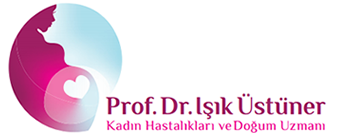Menopose
 Menopause occurs when you go 12 months in a row without a period. Changing levels of estrogen and progesterone, two female hormones produced in the ovaries, lead to symptoms such as hot flashes and vaginal dryness. Menopause is a natural part of aging and marks the end of female reproductive years.
Menopause occurs when you go 12 months in a row without a period. Changing levels of estrogen and progesterone, two female hormones produced in the ovaries, lead to symptoms such as hot flashes and vaginal dryness. Menopause is a natural part of aging and marks the end of female reproductive years.
What is menopause?
Menopause is the period of life when your menstrual periods stop. It is a normal part of aging and marks the end of your reproductive years. Menopause typically occurs in the late 40s or early 50s. However, people whose ovaries are surgically removed go into "sudden" surgical menopause.
What causes menopause?
Natural menopause, not caused by surgery or any other medical condition, is a normal part of aging. Menopause is defined as a full year of menstrual bleeding in the absence of any surgical or medical condition that could cause the bleeding to be artificially stopped, such as hormonal birth control, an overactive thyroid, elevated prolactin, radiation, or surgical removal of the ovaries.
How long does menopause last?
Menopause defines 12 months when there is no menstrual cycle. The period before menopause can last eight to 10 years (perimenopause). The period after menopause (postmenopause) will last until the end of your life. The average age of menopause is about 51.
